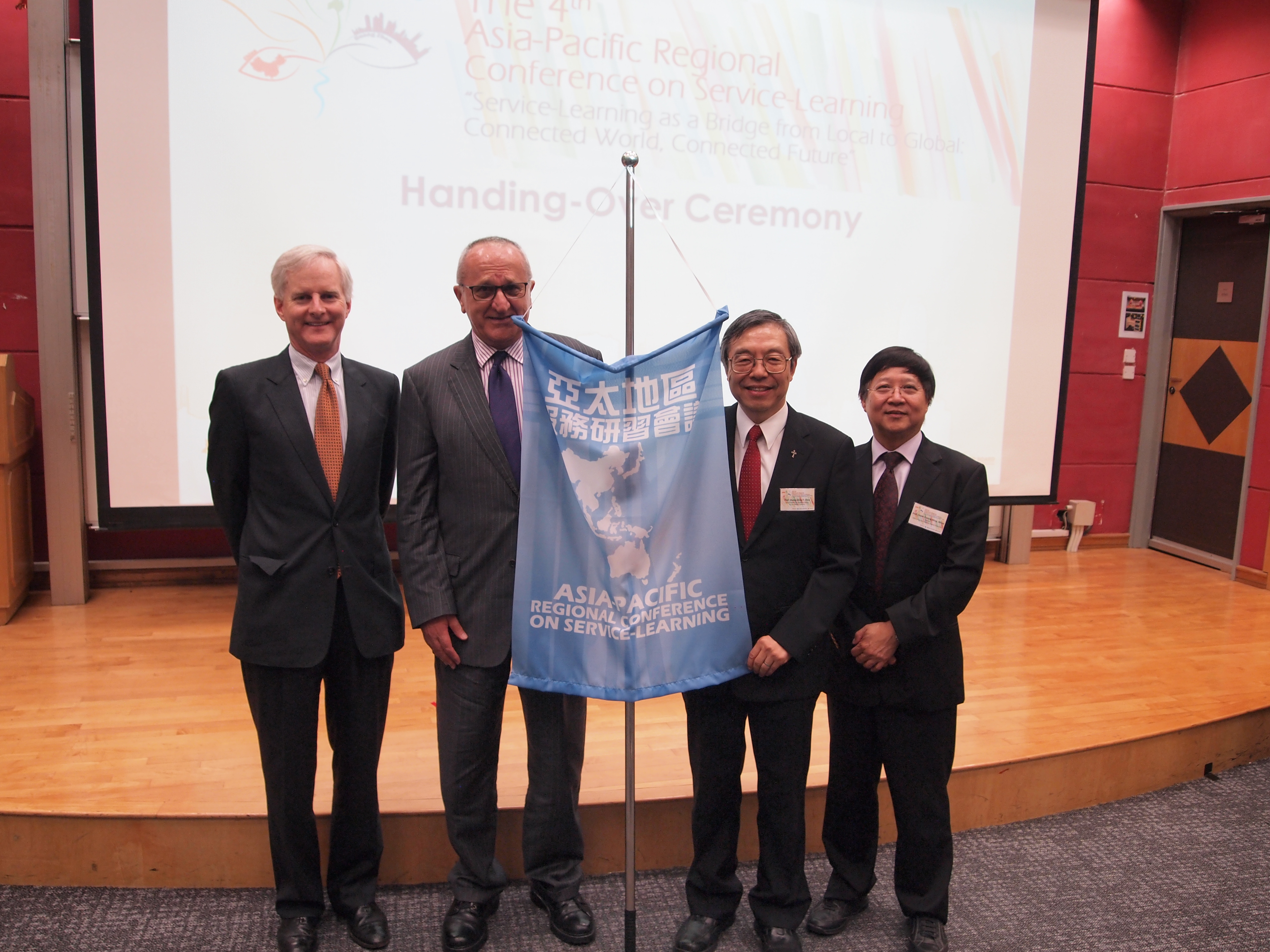Location
MD152, Paul Cardinal Shen Medical Building, Fu Jen University
Start Date
29-5-2015 9:30 AM
End Date
29-5-2015 10:20 AM
Description
Over the past few years, several new key terms have enriched the educational debate. Whilst previously conducting research in the interests of technical and economic progress as well as educating the future elite were among the noblest responsibilities of universities, today further aims are coming into focus that are of increasing significance. Universities are now expected to make a growing contribution to social integration and to prepare young people for conditions of life and work that are becoming ever more complex, international, and nuanced. A glance at German statistics reveals the extent of the changes that this entails: Within a few decades, the number of students in Germany has more than doubled; today, half of the secondary school graduates will go on to a university. These substantive challenges have been significant factors behind the national reforms in the frame of the “Bologna Process” that have taken place in Europe since 1999: the conversion of long degree programs to Bachelor’s and Master’s is a response to the question of how universities deal with the new social demands.
Universities have embraced these changes with enormous commitment, which directly benefits students. Though their active involvement is as varied as their different profiles and subject areas are themselves. Traditionally, responsibility for society tended to be implicit in university teaching. The other aim of knowledge transfer was not as pronounced. It is a new phenomenon for students to leave their institutions and learn in social settings. In the meantime, it has become a valuable addition to classical teaching formats because students can apply what they have learned to practical situations and, at the same time, gain impressions that prompt them to ask new questions. Opening up universities to society is no longer a postulated aim, but is increasingly becoming a reality. Ultimately, it proves that it is worthwhile for students to become actively involved. Over time, this creates a culture of recognition for committed students – the future pillars of the often-invoked European civil society.
Recommended Citation
Zervakis, P. A. (2015, May). Committed universities: The Bologna process and service learning in Germany and Europe: Some observations of a new phenomenon. Paper presented at the 5th Asia-Pacific Regional Conference on Service-Learning: Love Journey: Community Engagement through Service-Learning, Fu Jen Catholic University, Taiwan.
Included in
Committed universities : the Bologna process and service learning in Germany and Europe : some observations of a new phenomenon
MD152, Paul Cardinal Shen Medical Building, Fu Jen University
Over the past few years, several new key terms have enriched the educational debate. Whilst previously conducting research in the interests of technical and economic progress as well as educating the future elite were among the noblest responsibilities of universities, today further aims are coming into focus that are of increasing significance. Universities are now expected to make a growing contribution to social integration and to prepare young people for conditions of life and work that are becoming ever more complex, international, and nuanced. A glance at German statistics reveals the extent of the changes that this entails: Within a few decades, the number of students in Germany has more than doubled; today, half of the secondary school graduates will go on to a university. These substantive challenges have been significant factors behind the national reforms in the frame of the “Bologna Process” that have taken place in Europe since 1999: the conversion of long degree programs to Bachelor’s and Master’s is a response to the question of how universities deal with the new social demands.
Universities have embraced these changes with enormous commitment, which directly benefits students. Though their active involvement is as varied as their different profiles and subject areas are themselves. Traditionally, responsibility for society tended to be implicit in university teaching. The other aim of knowledge transfer was not as pronounced. It is a new phenomenon for students to leave their institutions and learn in social settings. In the meantime, it has become a valuable addition to classical teaching formats because students can apply what they have learned to practical situations and, at the same time, gain impressions that prompt them to ask new questions. Opening up universities to society is no longer a postulated aim, but is increasingly becoming a reality. Ultimately, it proves that it is worthwhile for students to become actively involved. Over time, this creates a culture of recognition for committed students – the future pillars of the often-invoked European civil society.
